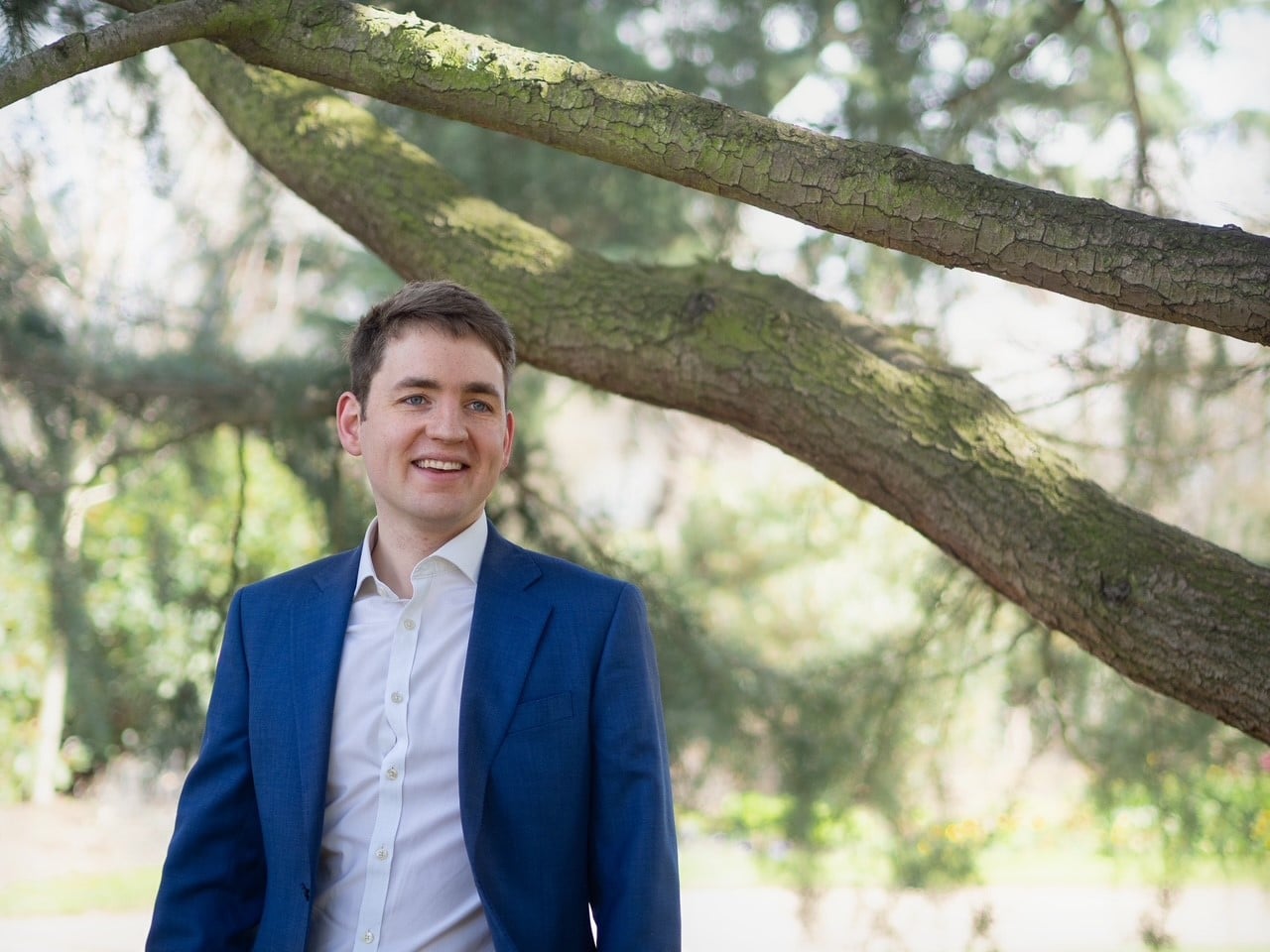
UK Summer School , 2009
James Beddoe
Professional opera singer
James is from Nottinghamshire and took part in a Sutton Trust History Summer School at the University of Nottingham in 2009. He...“I was born and raised in Swindon, a working town known for its historical Great Western Railway Works and also the famous Magic Roundabout! My grandparents arrived in the UK as Polish refugees during the Second World War, so I was brought up with a traditional Polish background. I attended a local comprehensive school and sixth form, and was supported and encouraged by my family to try my best. I am the first in my family to go to university.”
“At the time I had a few careers in mind, but I was particularly interested in exploring the medical sciences. I found the Summer School at the University of Bristol whilst searching the internet with my mum and I thought it would be a really good opportunity to gain an insight into the medical sciences at university level.
The Summer School highlighted how different university teaching is, in comparison to GCSE and A-Level. The current university staff and students were enthusiastic about their subjects and I enjoyed meeting other Summer School students with similar academic interests. One memory that stands out from the Summer School was when we had to draw the organs onto a large poster of the human body and our team were the ones who knew where the appendix was! I am involved with widening participation at my current university and always include a task like this in the hope it will engage students.”
“After the Summer School, I completed my A-Levels and took a gap year to gain a further insight into medicine through volunteering at my local hospital, for example.
I started medical school at the University of Bristol in 2013. A month into my course I attended an INSPIRE showcase, where medical students were presenting their Summer Studentship research. I was introduced to the opportunities available and decided to learn more about medical research. Following this, I experienced a day in the lab… which turned into a week, which the following summer turned into three months and then five months during my intercalated BSc. I really enjoyed my research experiences and in 2016, I transferred to University College London (UCL) to join the MB PhD programme, which allows me to integrate a PhD into the medical degree.
I am currently in my second year of PhD at UCL Great Ormond Street Institute of Child Health, although I continue attending clinical teaching to maintain the skills learnt so far. My PhD is investigating the biology of paediatric brain tumours and the big question is trying to work out why they become untreatable. A lot of research focuses on tumours at the time of surgery, but I focus on the tumours at the time of death when the tumours are no longer responsive to treatments.”
“I aim to finish my PhD and medical school within the next four years and then continue to the two year foundation programme working as a doctor. I hope the experiences I have throughout this journey will help me decide which specialty to train in.
Longer term I would like to become a clinical academic, where I split my time between research and clinical medicine. I would also like to become involved in teaching at a medical school level.”
“Research all opportunities that are available to you through your school or college, widening participation and university websites. Also, recognise the people around you who can give you advice and support and stay open minded. For example, I was interested in studying maths for many years and that suddenly changed. By becoming involved in opportunities like the Sutton Trust Summer School, it may introduce you to career paths you may not have previously considered.
I thank Sutton Trust for the invaluable opportunity they gave me and am grateful to all the people who have advised and helped me on my journey to date.”
Get in touch if you’d like to share your story via [email protected]
Browse our library of alumni stories